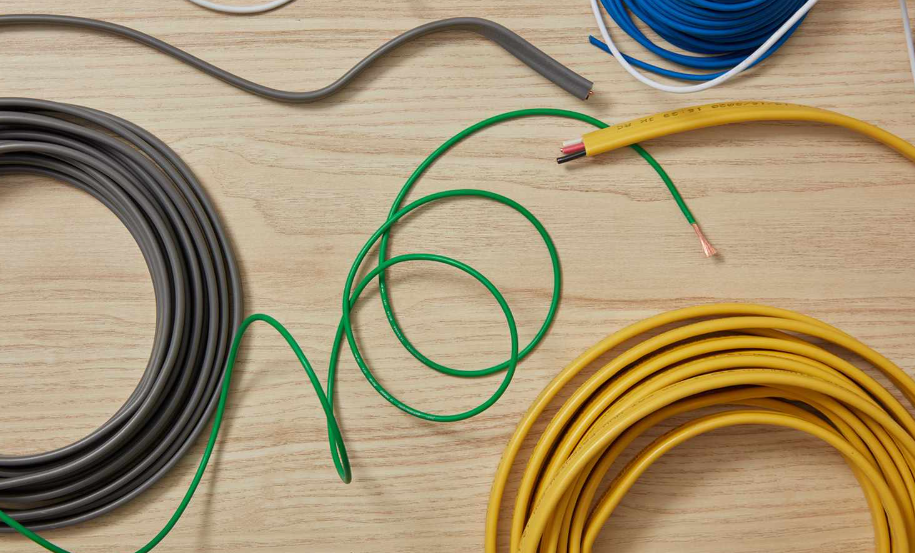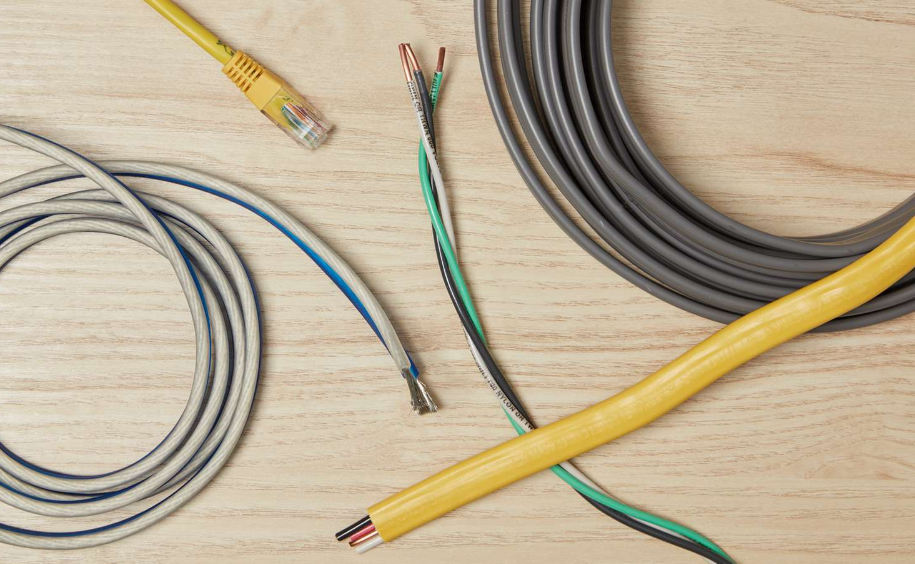An electrical cable helps connect two devices and transfers signal or power among each other. It is a type of wire that conducts electricity and other signals. There are a variety of structures for electrical cable, some thinner than others. It is one of the most common types of wire in use today.
There are many pros and cons to using electrical cables: while they are great at handling signals or power, they can be tough to terminate, get tangled up easily, and be hard to untangle when doing so. A brief overview of the pros and cons is discussed below.
Pros of Electrical Cable
- Reliable than wireless: Electrical cables are more reliable than wireless because of the power and signal they can handle. The power and signal run fast and more efficiently with electrical cables. The signals travel farther, too. This is one of the primary reasons why electrical cables are still used to this day.
- Carry multiple signals and power: Electrical cables can carry multiple signals and power. They have a range of 75 meters when they can handle the signals and power well. This is why it is so reliable in transmitting signals or power from one place to another. It is also why it is being used in the industrial or commercial sectors for both signal and power transfer.
- Protect signals from interception: Electrical cables come with a lot of protection features. The conductors of the cable are insulated which helps ensure that the signals it is carrying will not be intercepted by other devices or objects. It also prevents any interference to the signal it is carrying through the electrical socket.

Cons of Electrical Cable
- Very heavy to lift: Electrical cables are heavier than other wires, which makes them very hard to lift and carry. When you are trying to install or work on electrical cables, you may have to find a way to lift the cables without breaking your back.
- Difficult to splice: Electrical cables can be very difficult to splice because of their thickness and durability. You may need a special tool that can ensure that it is safely done without risking damage to the cable itself. If you do not have this tool, then the whole electrical cable is at risk of being ruined once it is cut or damaged in any way possible.
Conclusion: In conclusion, electrical cables are very necessary for today’s technology. It is important to know the pros and cons of electrical cables so you can use them with ease. With this guide, you will be able to use electrical cables more effectively with your devices. The tips are there for those who need help on how to work with it properly and effectively.
Related Tag: Cable Duct

